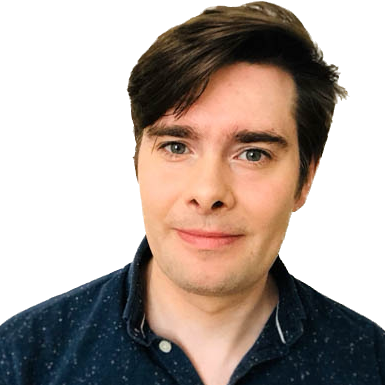
Principal investigator
Koen AIMs to create a safe haven
for creativity
and innovation
Koen Breyne is an Assistant Professor of Neurology at Harvard Medical School (HMS) and Massachusetts General Hospital (MGH), with a background in Biochemistry and Biotechnology. He completed his Ph.D. in 2015 at Ghent University and pursued postdoctoral training at UChicago and MGH. Dr. Breyne has extensive expertise in molecular biology, extracellular vesicles, and immunology. His research is dedicated to advancing innovative diagnostics and therapies, with a focus on hereditary neurological disorders and brain cancer.
the BreyneLAb
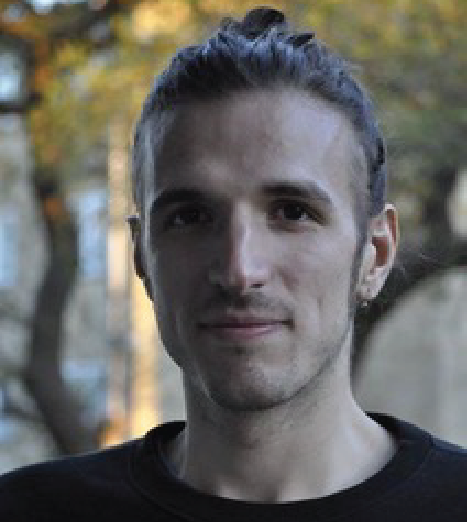
POSTDOCTORAL FELLOW
EMILIO
Explores NANOPARTICLE DESIGNS FOR CNS delivery
Emilio Di Ianni, a Postdoctoral Fellow at HMS/MGH, earned his PhD in Toxicology from the University of Copenhagen (DK), specializing in engineered nanomaterials. His research explored how the physicochemical properties of nanoparticles influence inflammatory and genotoxic responses in cells. Emilio conducted structure-activity relationship studies to advance the development of nanomaterials designed for safety. In the BreyneLab, he integrates EVs with lipid chemistry to pioneer novel delivery vehicles.
RESEARCH TECHNICIAN
Ayrton
turns EVS INTO vectors for DELIVERY TO
the brain
Ayrton completed his Bachelors of Science in Biology/Biotechnology at the University of Massachusetts, Lowell. In the Breyne lab, Ayrton is interested in the use of extracellular vesicles as a novel drug delivery system.
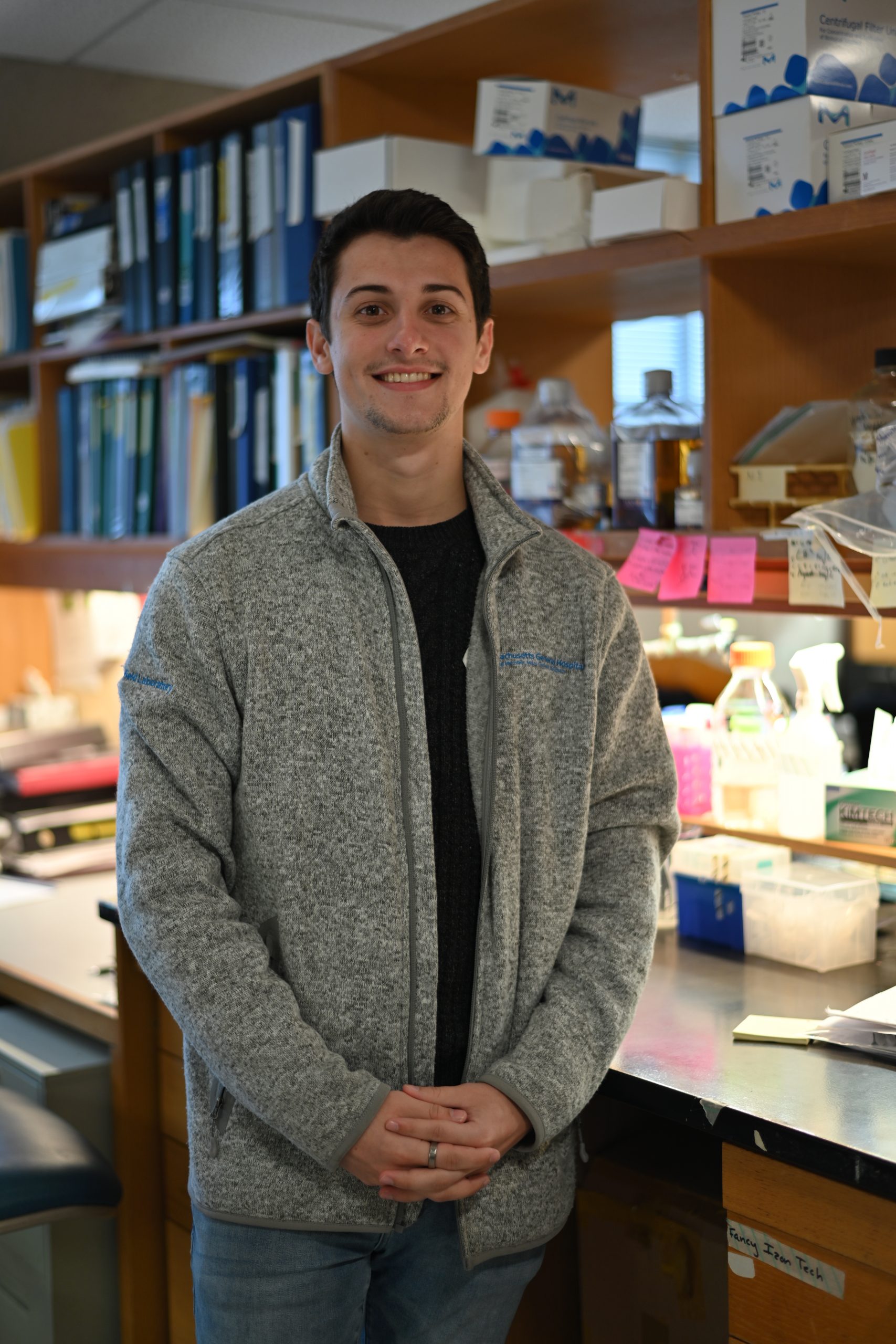
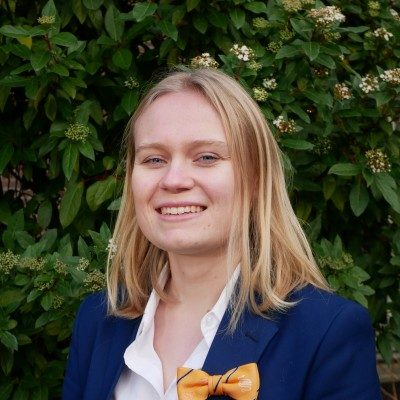
Master of science STUDENT
MEREL
RESHAPES NON-VIRAL PAYLOAD
carriers
Merel Korstanje is a visiting biomedical sciences student from Leiden University in the Netherlands. While at the BreyneLab, she focuses on addressing the challenges associated with the recombinant loading of extracellular vesicles. Her work aims to advance genome editing techniques to treat hereditary neurological diseases. Merel’s research involves developing methods to ensure the efficient delivery of therapeutic agents via extracellular vesicles, ultimately contributing to the potential treatment of DYT1 dystonia and similar disorders.
PHD student
KeVIN
OPTIMIZES EVs as DELIVERY
SYSTEMS FOR GENOME EDITORS
Kevin Leandro is a visiting PhD student at MGH/HMS from the Center for Neuroscience and Cell Biology at the University of Coimbra, Portugal. He is engineering extracellular vesicles as a platform to deliver CRISPR-Cas technologies in the context of neurodegenerative disorders. In the BreyneLab, Kevin aims to enhance the delivery of therapeutic cargo to the brain.
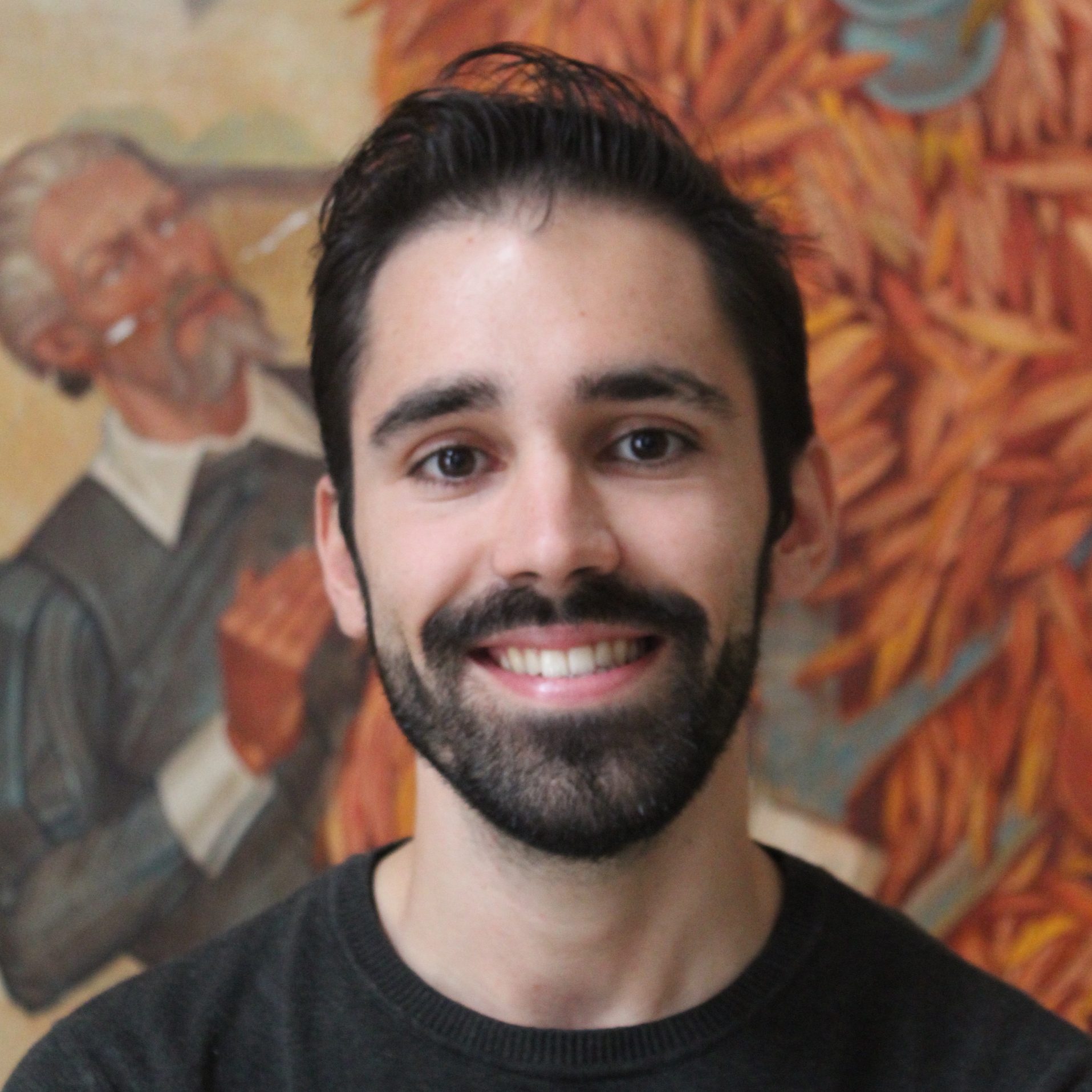
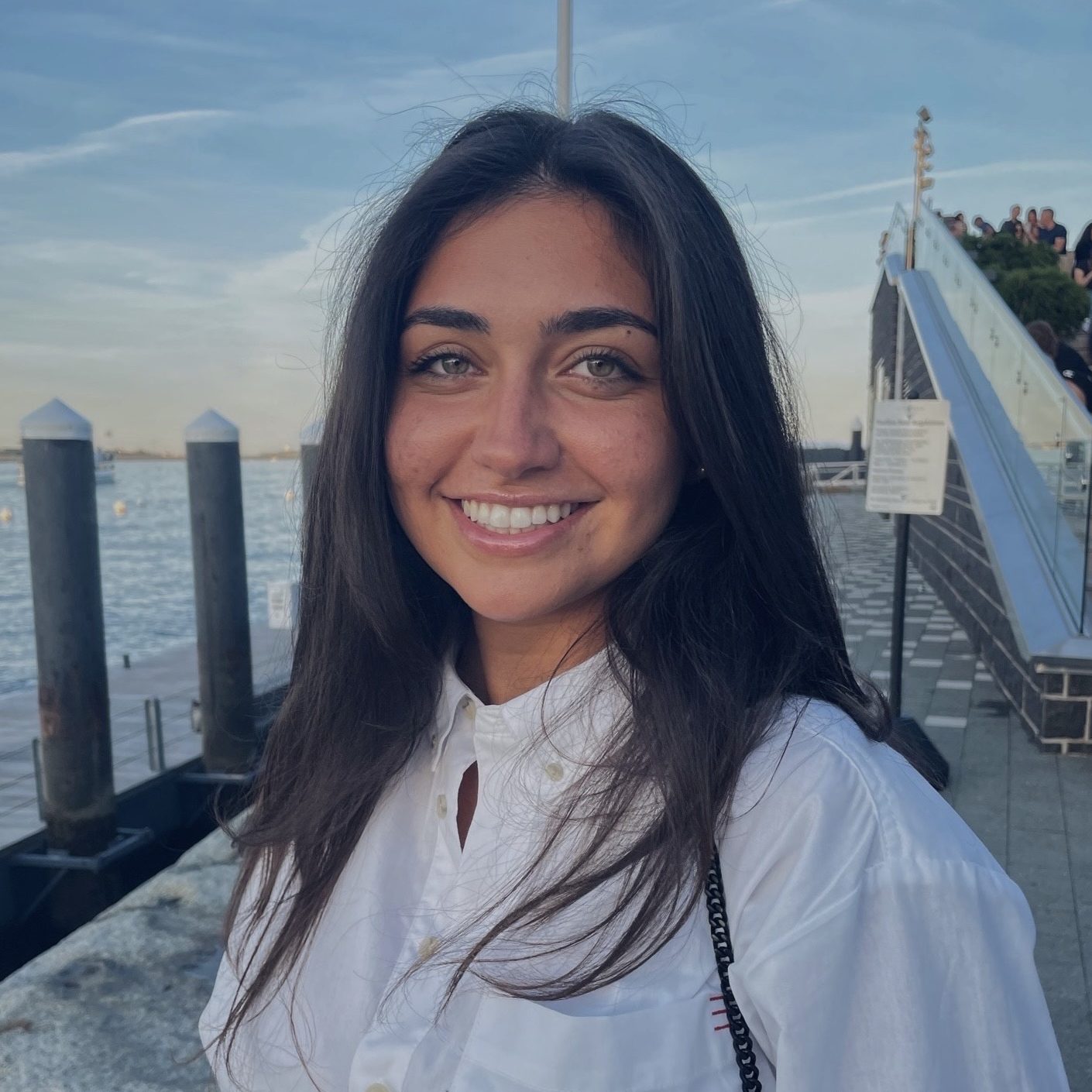
research technician
Mia
studies new ways to gene-correct dyt1 dystonia with CRispr
Mia Gurevich, a student at Brandeis University, MA, has a keen interest in gene therapy. In the Breyne Lab, she is testing prime editing therapies to treat the dGAG mutation found in neurological disease patients with DYT1 Dystonia.
Postdoctoral FELLOW
Elie
studies human
olfactory bulb cells
Elie is an MD who graduated from Saint Joseph University of Beirut. As a postdoctoral researcher in the BreyneLab, Elie analyzes olfactory cell subsets and their interactions with glioblastoma cells. His findings uncover the mechanisms by which glioblastoma reprograms olfactory cells and the role these reprogrammed cells play in the progression and maintenance of the tumor.
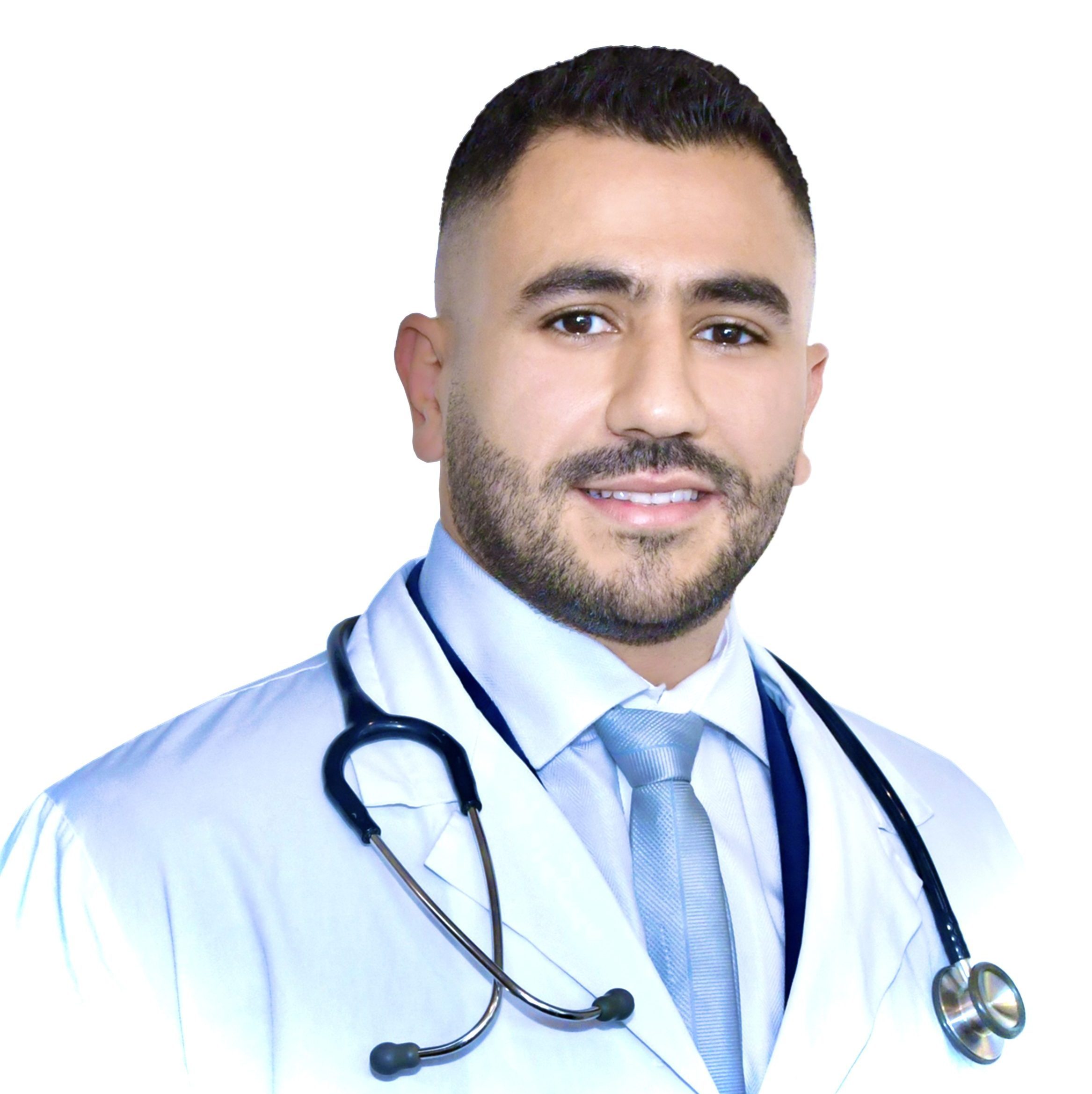
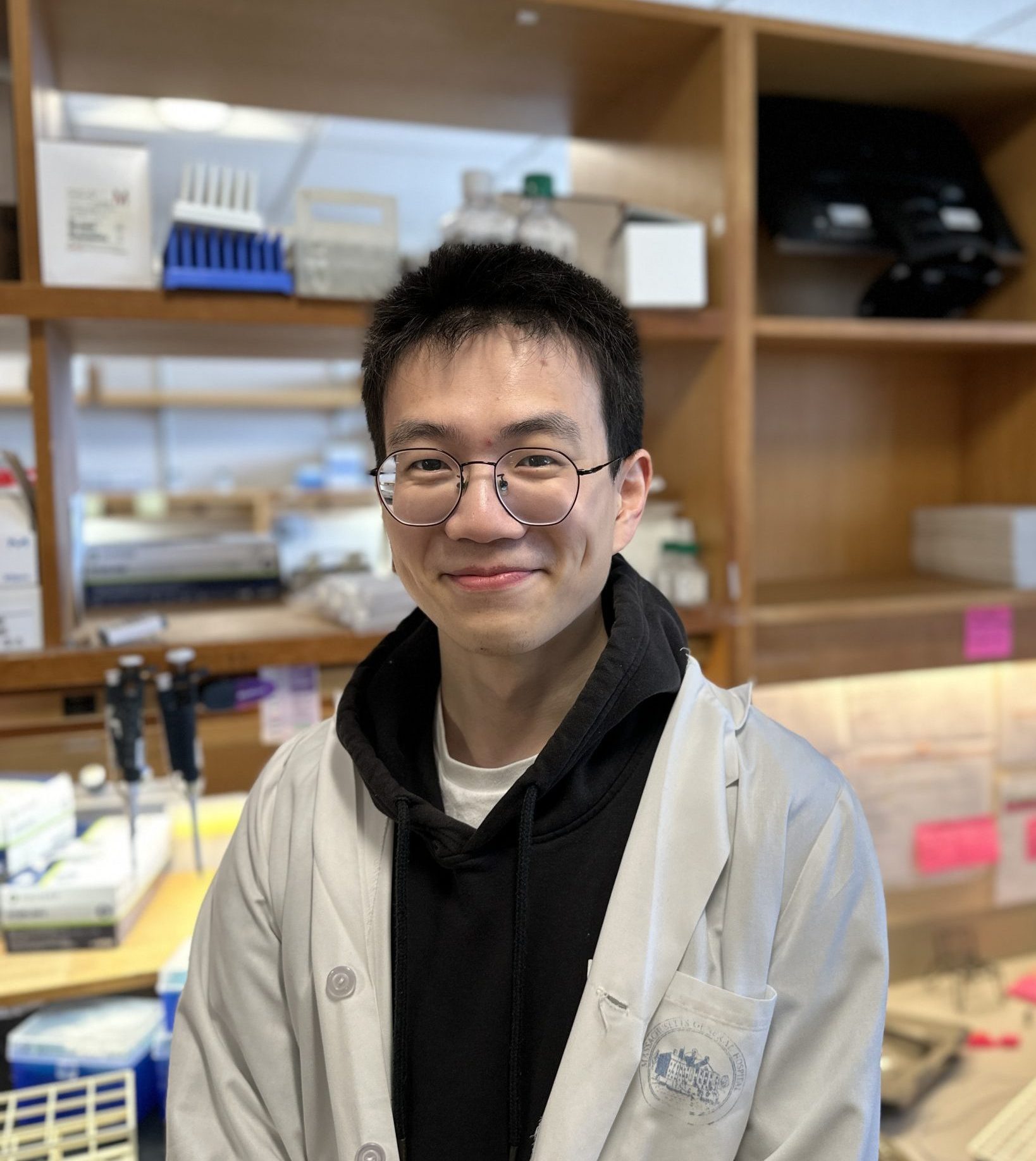
research technician
Tyler
investigates brain cell migration
to GBM
Tyler (Tianhe Xiao) targets brain cells in glioblastoma mouse models using non-invasive routes with adeno-associated virus (AAV) vectors, similar to those used in patient gene therapy. In the BreyneLab, he tracks AAV-labeled brain cells to assess their recruitment efficiency by glioblastoma. His goal is to develop novel interventions where glioblastoma-recruited cells act as reservoirs for delivering therapeutics directly to the tumor.
Postdoctoral FELLOW
Edwina
tests NEW gene therapy against TSC
AND NF tumor formation
Edwina Abou Haidar is a medical graduate from St. George’s University of London and holds a master’s degree in molecular biology from the Lebanese American University. Currently, as a postdoctoral research fellow at HMS/MGH, she is dedicated to advancing pre-clinical gene therapy in mouse models of Tuberous Sclerosis Types 1 and 2 and Neurofibromatosis Types 1 and 2. In the BreyneLab, Edwina is exploring the potential of EVs released by AAV-transduced cells to enhance therapeutic protein delivery in a TSC1 mouse model.
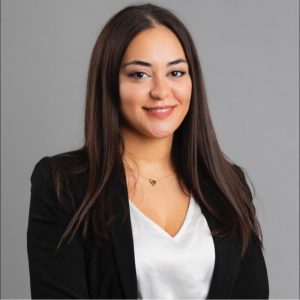
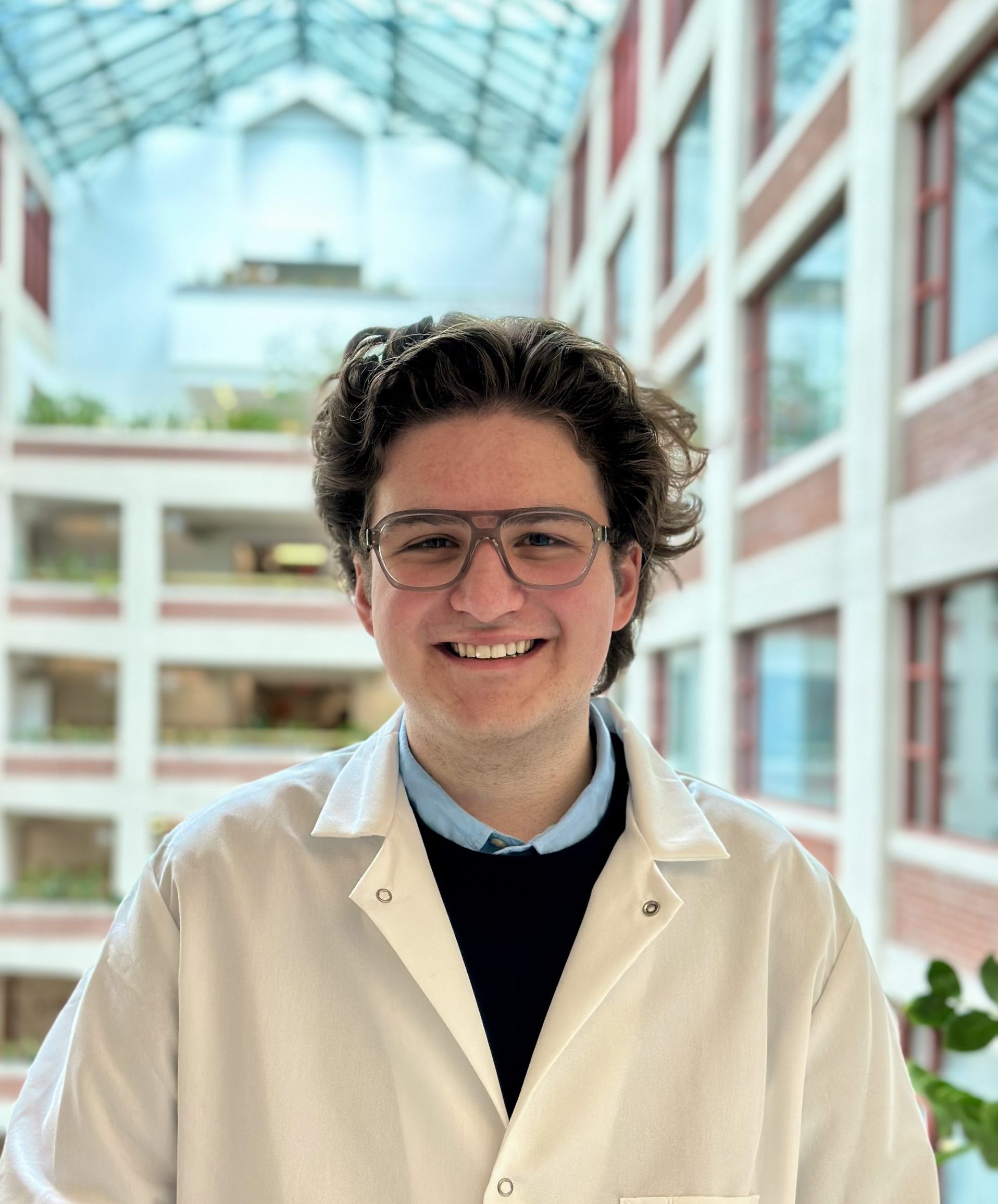
PHD STUDENT
PIERRE
examines astrocytes in the GBM
MICROENVIRONMENT
Pierre is a PhD student from the University of Geneva, where he completed his studies in pharmacy. In the BreyneLab, he’s exploring novel antitumoral drugs and therapeutic delivery pathways to bypass the blood-brain barrier, aiming to target glioblastoma cells or their immunosuppressive tumor microenvironment. His findings contribute to understanding why immunotherapies often fail in neuro-oncology, despite their success in other areas, and help address these challenges.

ALUMNI
2024
Wata Obuchi , Postdoctoral fellow, Tohoku University, Japan
Katia Maalouf, Postdoctoral fellow, Leibniz University of Hanover, Germany, EU
Madison (Dawn M.) Frederick, PhD graduate Student, University of Nevada, Las Vegas, USA
Markus W. Schweiger, PhD graduate Student, Vrije Universiteit Amsterdam, Netherlands, EU
2023
Taral R Lunavat, Postdoctoral fellow, University of Bergen, Norway
Nourhan Saied, master student, Beni-Suef University, Egypt
2022
Sanne Van De Looij, master student, Utrecht University, Netherlands, EU
Alexandra De Reus, master student, Utrecht University, Netherlands, EU
Emily Anahid Grandell, master student, Northeastern University, USA
Shadi Mahjoum, undergraduate student UMass, USA
David Rufino-Ramos, PhD graduate student, Portugal, EU
Christine Lee, undergraduate student, Harvard University, USA
2021
Eesha Yadav, undergraduate student Johns Hopkins University 2019, USA
2020
Stefano Ughetto, PhD graduate student, University of Turin 2019, Italy, EU